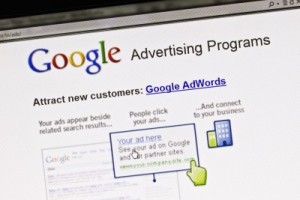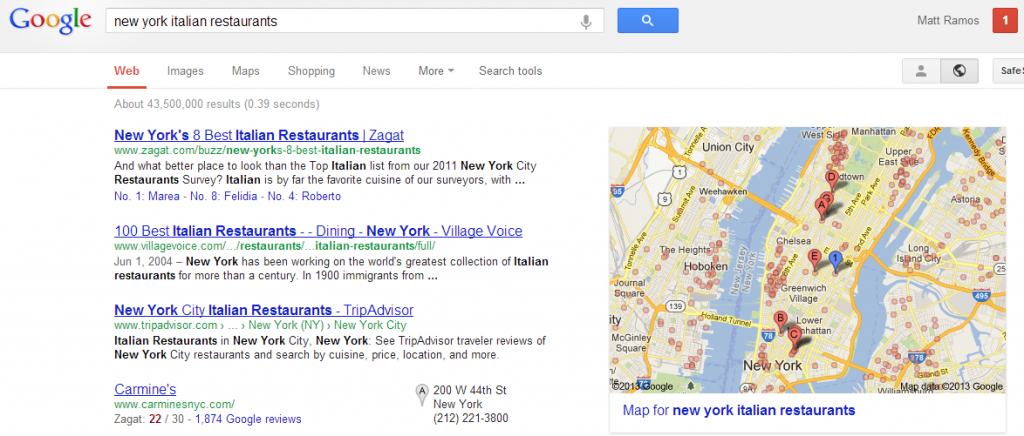
Google AdWords forms the backbone of many website marketing programs. AdWords attempts to show internet users advertising that interests them. Google does this by matching search terms with search term lists on the AdWords platform. Google users see ads, become interested in them and then click to visit the advertiser’s website. When they find the brands, products, information and services they need, website visitors become paying customers.
Website owners like to buy search-based advertising because the majority of Internet users begin their online sessions with the Google search engine. Also, advertisers can choose to extend their marketing campaign beyond the Google search engine to include the Google advertising network. The popularity of Google and the ability to attract qualified visitors to websites makes AdWords a powerful tool that can generate a lot of revenue for online and traditional businesses.
 Getting great results from the Google AdWords takes a little time, effort and skill. Without laying a proper foundation, website owners could spend advertising money reaching people who have no interest in the advertised products. Fortunately, Google advertisers have the ability to lay their own foundation in the form of a high-quality list of keywords that will display ads to people wanting to buy.
Getting great results from the Google AdWords takes a little time, effort and skill. Without laying a proper foundation, website owners could spend advertising money reaching people who have no interest in the advertised products. Fortunately, Google advertisers have the ability to lay their own foundation in the form of a high-quality list of keywords that will display ads to people wanting to buy.
As an Internet advertiser, you need to work hard identifying the keywords used in your campaign. If you choose the wrong keywords, you will likely have few people responding to your ads.
Sometimes, the wrong keywords can bring an avalanche of people to your website looking for something different from the goods, services and information you have to offer.
The following tips will help you build an effective list of keywords for your AdWords campaign.
Build a Landing Page
Some advertisers put the cart before the horse when they create a keyword list before they create a quality landing page. You should always create a high-quality page that will methodically describe your products and services to prospects. Visitors will see this page first after they click on your ads, so you want to ensure that this page offers a clear representation of your objectives. Your page should also call your visitors to act and respond by shopping, requesting more information or signing up for mailing lists or free content.
Brainstorm Relevant Keywords
If you work on your keywords first, you will find yourself trying to force your content to conform to keywords that might not match. However, when you create your landing page before you build your list of keywords, you can make sure that your content naturally reflects your business. Use brainstorming to produce a handwritten list of keywords that accurately describe your Web page. Think hard and write down all the words of which you think. Be sure to make your keywords as specific as possible to improve your potential results.
Budget Your Campaign
Spend some time reviewing your financial status and decide how much money you can afford to spend on your advertising campaign. Like many things, you can spend unlimited amounts of money on AdWords, so you want to make sure you do not impair your cash flow. The AdWords interface allows you to define your budget for your campaign and keywords, so you can stay in control.
Burrow Into Online Data
Using tools such as the Google Traffic Estimator tool, lookup your keywords to evaluate their potential. You should record the conversion rates and financial data for your keywords and then estimate your sales potential for each one. Based on the online data you find, choose keywords that you believe will produce the most results for the money you have to spend.
Begin Your Campaign
While logged into your AdWords account, build a campaign using your chosen keywords. You can evaluate the performance of your campaign by monitoring your Web server statistics and by logging into your AdWords account. Use the information you have to improve your campaign by removing underperforming keywords, analyzing visitor behavior and developing stronger keywords.


